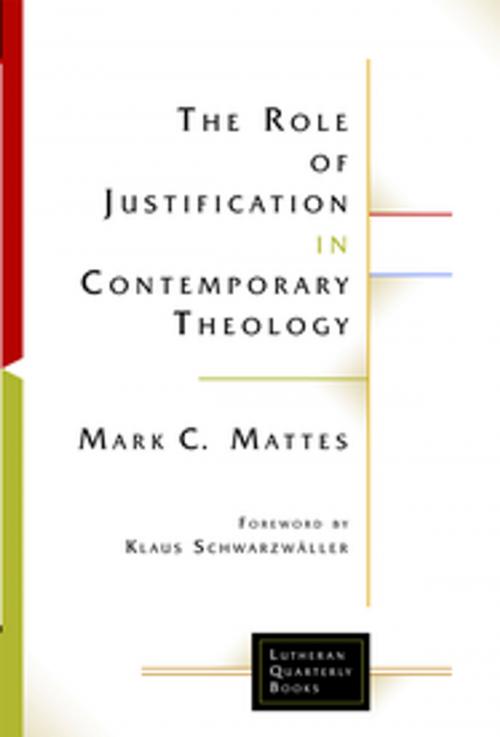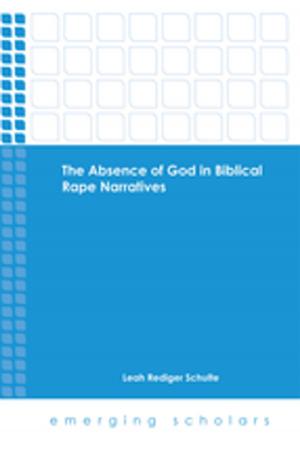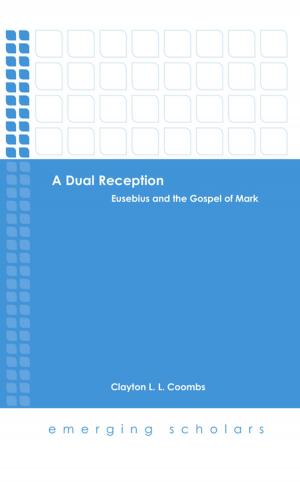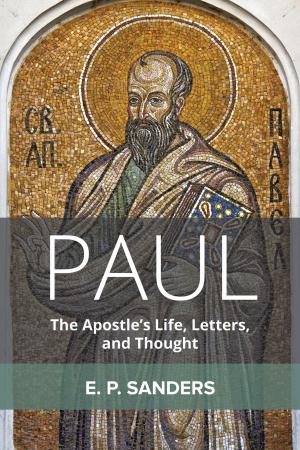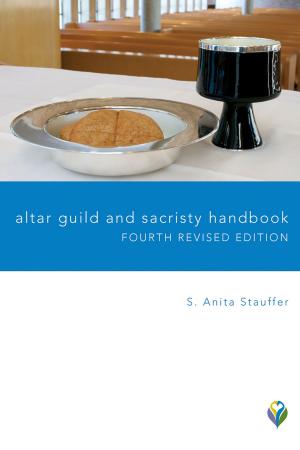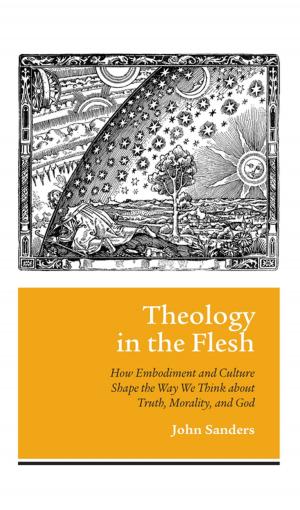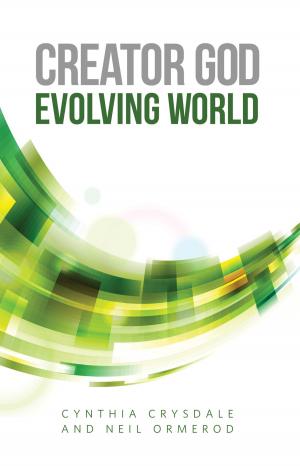The Role of Justification in Contemporary Theology
Nonfiction, Religion & Spirituality, Theology, Christianity| Author: | Mark C. Mattes | ISBN: | 9781506427287 |
| Publisher: | Fortress Press | Publication: | January 1, 2017 |
| Imprint: | Fortress Press | Language: | English |
| Author: | Mark C. Mattes |
| ISBN: | 9781506427287 |
| Publisher: | Fortress Press |
| Publication: | January 1, 2017 |
| Imprint: | Fortress Press |
| Language: | English |
The development of Martin Luther's thought has commanded much scholarly attention because of the Reformation and its remarkable effects on the history of Christianity in the West. But much of that scholarship has been so enthralled by certain later debates that it has practically ignored and even distorted the context in and against which Luther's thought developed. In The Early Luther Berndt Hamm, armed with expertise both in late-medieval intellectual life and in Luther, presents new perspectives that leave old debates behind.
A master Luther scholar, Hamm provides fresh insights into the development of Luther's theology from his entry into the monastery through his early lectures on the Bible to his writing of the 95 Theses in 1517 and The Freedom of a Christian in 1520. Rather than looking for a single breakthrough, Hamm carefully outlines a series of significant shifts in Luther's late-medieval theological worldview over the course of his early career. The result is a more accurate, nuanced portrait of Reformation giant Martin Luther.
The development of Martin Luther's thought has commanded much scholarly attention because of the Reformation and its remarkable effects on the history of Christianity in the West. But much of that scholarship has been so enthralled by certain later debates that it has practically ignored and even distorted the context in and against which Luther's thought developed. In The Early Luther Berndt Hamm, armed with expertise both in late-medieval intellectual life and in Luther, presents new perspectives that leave old debates behind.
A master Luther scholar, Hamm provides fresh insights into the development of Luther's theology from his entry into the monastery through his early lectures on the Bible to his writing of the 95 Theses in 1517 and The Freedom of a Christian in 1520. Rather than looking for a single breakthrough, Hamm carefully outlines a series of significant shifts in Luther's late-medieval theological worldview over the course of his early career. The result is a more accurate, nuanced portrait of Reformation giant Martin Luther.
